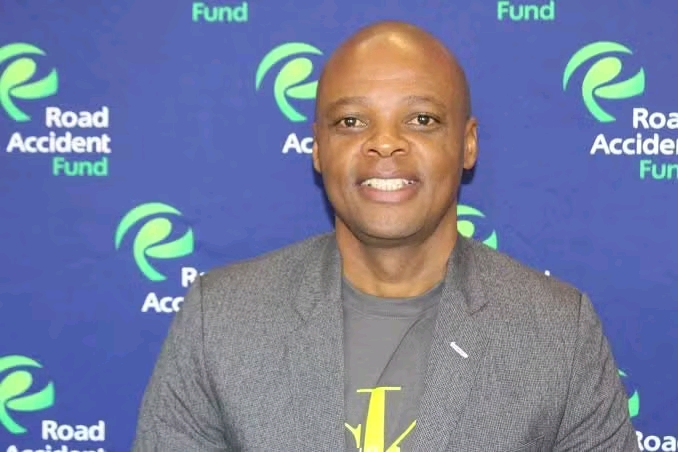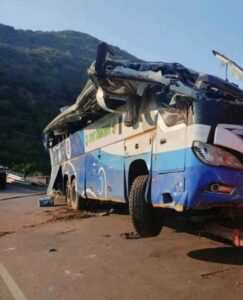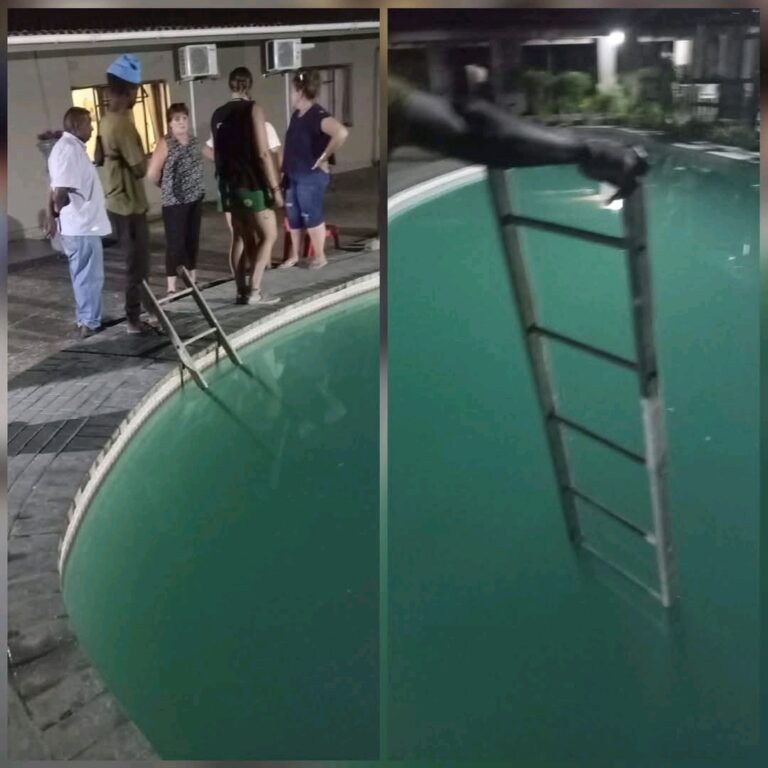
The South African Road Accident Fund (RAF) has confirmed that it will provide financial compensation to the families of Zimbabwean nationals who died in the tragic Limpopo bus crash earlier this month. The announcement comes amid widespread public debate about the rights of foreign nationals to claim benefits from the fund.

The fatal accident occurred on October 12, 2025, near Louis Trichardt, claiming the lives of 43 passengers—many of whom were Zimbabwean citizens travelling to Johannesburg. The horrific crash has sparked grief on both sides of the border and reignited long-standing discussions about South Africa’s obligations toward foreign nationals injured or killed on its roads.
RAF spokesperson McIntosh Polela told SABC News that the fund is constitutionally and legally obligated to pay compensation to all victims of road accidents within South Africa, regardless of nationality or immigration status. This follows a 2022 High Court ruling that barred the RAF from discriminating against foreign nationals, including undocumented migrants, when processing claims.
“The Constitution is clear — we cannot deny compensation based on immigration status,” Polela said. “The High Court’s ruling compels us to honour claims for everyone injured or killed on South African roads, whether they are citizens or not.”
The RAF emphasized that while the Immigration Act limits access to some services for undocumented foreigners, the court’s decision effectively overrides those restrictions in matters related to road accident compensation. According to the fund, its constitutional mandate is to provide equitable redress to all accident victims, and it must comply with judicial rulings.

However, the decision has not been without controversy. Many South Africans, who often experience long delays and bureaucratic challenges in receiving payouts, have voiced frustration over what they see as preferential treatment for foreign claimants. Critics argue that the RAF’s limited financial resources should first serve South African citizens, especially given the fund’s history of backlogs and financial strain.
In the 2024/25 financial year alone, the RAF disbursed R546 million to foreign nationals — a figure that has fueled public anger and intensified debates about immigration and resource allocation. Some civil society groups have called for a review of the fund’s policies to balance constitutional compliance with fiscal sustainability.
Legal experts, however, maintain that the RAF’s hands are tied. “As long as the law stands, the RAF must treat all victims equally,” said a Johannesburg-based legal analyst. “The issue is not about preference but about constitutional equality before the law.”
Meanwhile, preparations are underway for the repatriation of the victims’ bodies to Zimbabwe, with both governments coordinating efforts to support grieving families. For many, the RAF’s compensation offers some measure of relief amid overwhelming loss, though the broader national debate about the fund’s responsibilities and South Africa’s immigration policies shows no sign of slowing down.




